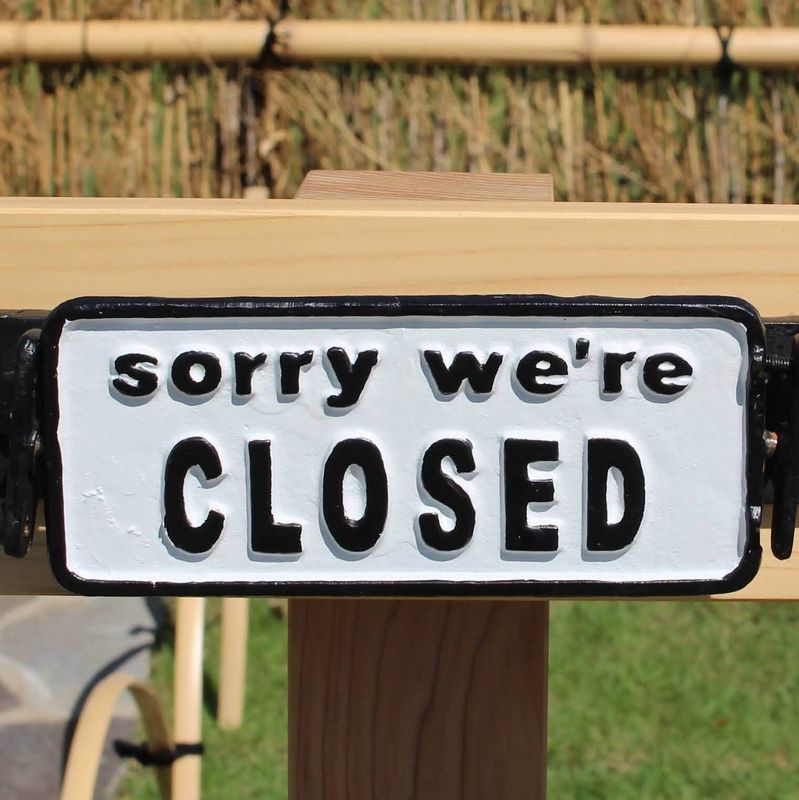Nov 7, 2025
Why is there so much "gakkyu-heisa" in Japan?
First up, spoiler alert; I don't know the answer to this question. But my son and I have been pondering this question the last couple of weeks, further to news that his class back in Japan (he's currently studying abroad) was off for three days in a row due to "gakkyu-heisa". Meanwhile, in the country he is studying in now, there is no such thing as "gakkyu-heisa".
"Gakkyu-heisa" 学級閉鎖 is the term used for temporary closing of a school class or the whole year, and very occasionally the whole school, due to the majority of the students being absent from sickness. Usually it has to be the same sickness, in my experience in Saitama anyway. Before the pandemic, in my experience, most "Gakkyu-heisa" school class / year closures were related to the influenza virus. Nowadays, its either influenza or Covid.
My son thinks that perhaps the reason more people get sick at the one time in Japan than in other countries is related to population density coupled with the weather in Japan, where it is very dry at this time of year. He might be right about the part dry weather plays. The country he is in at the moment, the weather is damp at this time of year and he tells me that nobody has been out sick in his class yet. Moreover, where he is now, there are only 20 students in a class, in a classroom bigger than the ones in Japan. In Japan, there are 38 students in his class, in close proximity due to the small size of the classrooms.
Furthermore, today, and November 7th annually, is "the day to prepare for infectious diseases" in Japan. That anniversary was created because it is the first day of "ritto" and there is a noticeable temperature difference. Moreover, they cite the dry air as being causal to the spread of infectious diseases at this time of year as the reason why they made this a day to prepare for infectious diseases, such as Covid and influenza.

Former nickname was "Saitama". Changed it to save confusion on place review posts! Irish, 20+ years in Japan! I also write on my personal website: insaitama.com



0 Comments